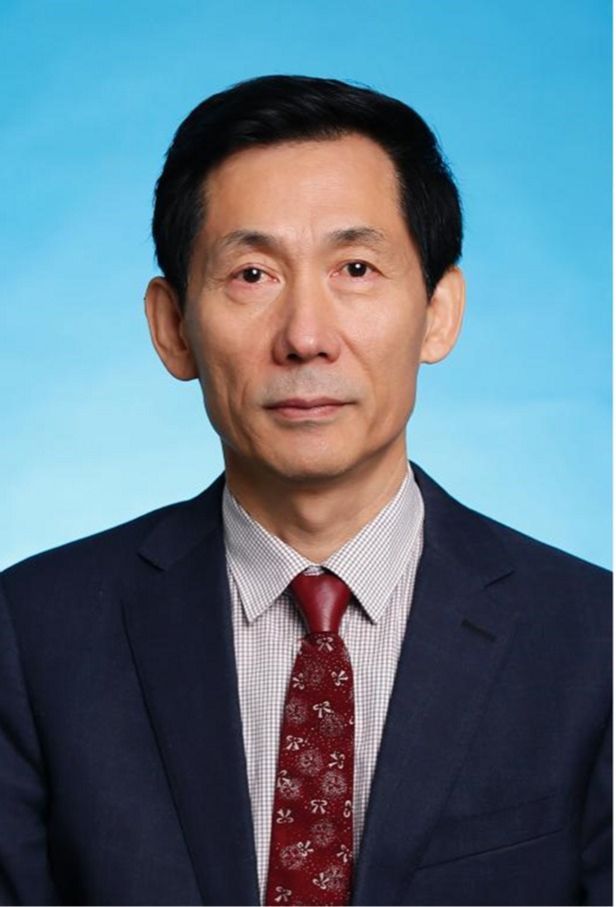
Wang Wei, male, doctor of Integrated Traditional Chinese and Western Clinical Medicine, Professor, Chief Physician. He has served as the deputy director of the Key Laboratory of Chinese Internal Medicine (by Ministry of Education) at Beijing University of Chinese Medicine, the deputy director/director of the Key Laboratory of Syndrome and Prescription Basic Research (by Ministry of Education and Beijing City) at Beijing University of Chinese Medicine, vice President of Beijing University of Chinese Medicine and now President of Guangzhou University of Chinese Medicine. He has been honored with titles such as the first batch of “Qihuang Scholar”, Chief Scientist of the Qihuang Project, Academician of the Eurasian Academy of Sciences, and Young and Middle-aged Expert with Outstanding Contributions by the Ministry of Health. He is leader of the discipline of integrated traditional Chinese and western medicine pharmacology under the State Administration of Traditional Chinese Medicine, vice president of the Chinese Association of Integrative Medicine, vice president of the Specialty Committee of Cardiovascular Diseases of the World Federation of Chinese Medicine Societies, director of Integrated TCM and Western Innovative Pharmaceutics Specialty Committee of Chinese Research Hospital Association, a member of the 6th State Council Academic Degree Committee’s Evaluation Group for the discipline of Integrated Traditional Chinese and Western Medicine, and a member of the 11th and 12th National Pharmacopoeia Committee.
He created the theory of "Three Causes" in syndrome differentiation, established new research methods combining disease with animal models and syndrome, revealing the modern scientific connotations of syndromes such as Qi deficiency and blood stasis. He introduced a new treatment method of promoting blood circulation and detoxification, developed distinctive traditional Chinese medicine compound (Qishen Granules) and monomer drugs (NEO, etc.). Through years of systematic research, he clarified a new research model centered on syndrome differentiation, using the trio of syndrome-therapy-drug innovation. He edited 1 textbook of the 13th Five-Year Plan and 1 of the 14th Five-Year Plan. He has published 321 academic papers as first/corresponding (including co-author) author in journals such as Circulation Research (IF 17.37), including 111 SCI-indexed papers. He has received 3 second prizes for National Science and Technology Progress Award (2 as the first author, 1 as the second author), 3 first prizes at the provincial and ministerial levels (as the first author), 1 Wu Jieping Medical Innovation Award, and been authorized 9 invention patents.


